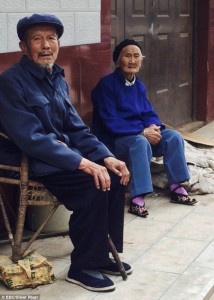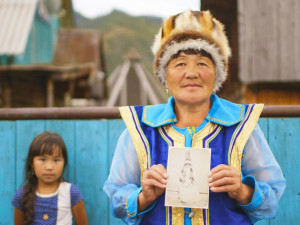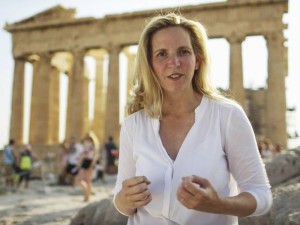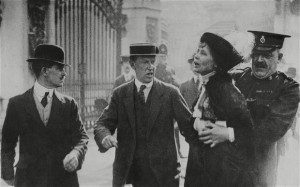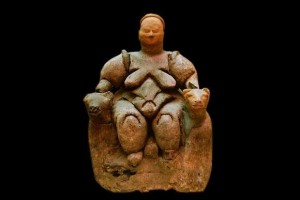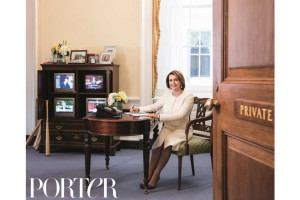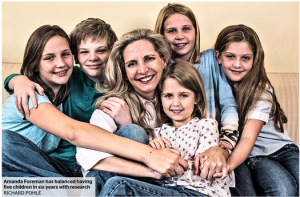
Photo: Richard Pohle
Religion and men are at the root of the world’s problems, the presenter of a new BBC series tells Alice Thomson.
If we had a more matriarchal society and women were in charge the refugee crisis would not have happened in the way it has, according to the historian Dr Amanda Foreman. “Women looked at that picture of the little dead refugee boy still in his shoes and thought: ‘Not in my name’. It’s not in the female make-up to stand there idly by while women and children die like flies on the beach. Angela Merkel is the one who can’t stomach it but most male politicians think purely in terms of politics.”
Women’s power, or lack of it, is on her mind right now, not least because she is presenting the BBC’s four-part series, The Ascent of Women, which began this week. The mother of four girls, Helena, Halcyon, Xanthe and Hero, and one boy, Theodore, she has been determined to prove that the female of the species has not been an irrelevance, “just there to hang out the washing”.
She has had an astonishing career since coming to Oxford to study Georgiana, Duchess of Devonshire, then an obscure socialite, for her PhD. “All the crusty men thought I was this mad, ditzy girl writing about this trivial woman,” she recalls. But the thesis became a bestselling and award-winning biography, which in turn became a film starring Keira Knightley. It was followed by an equally impressive and weighty book on Britain’s involvement in the American Civil War.
Continue reading…






